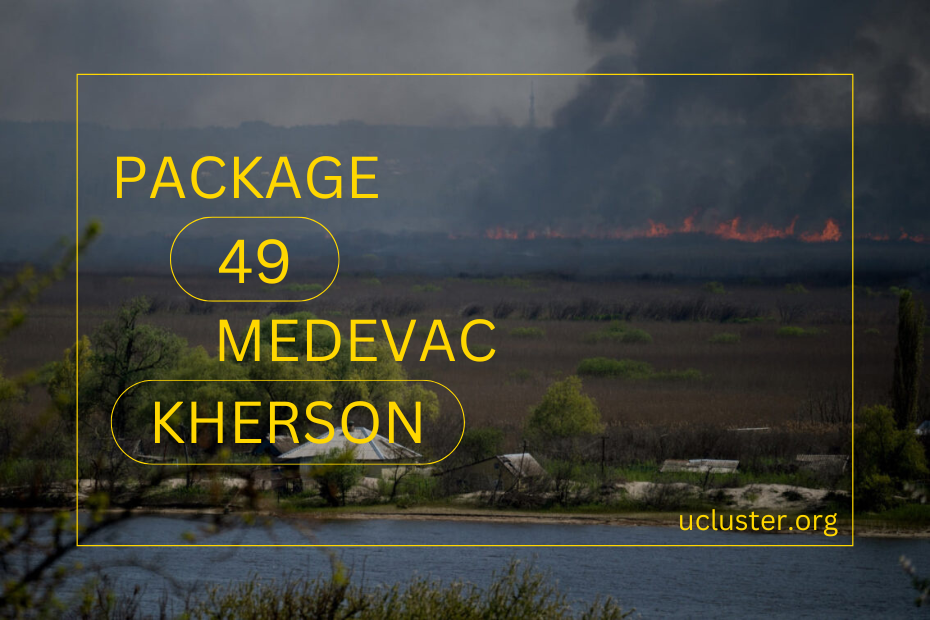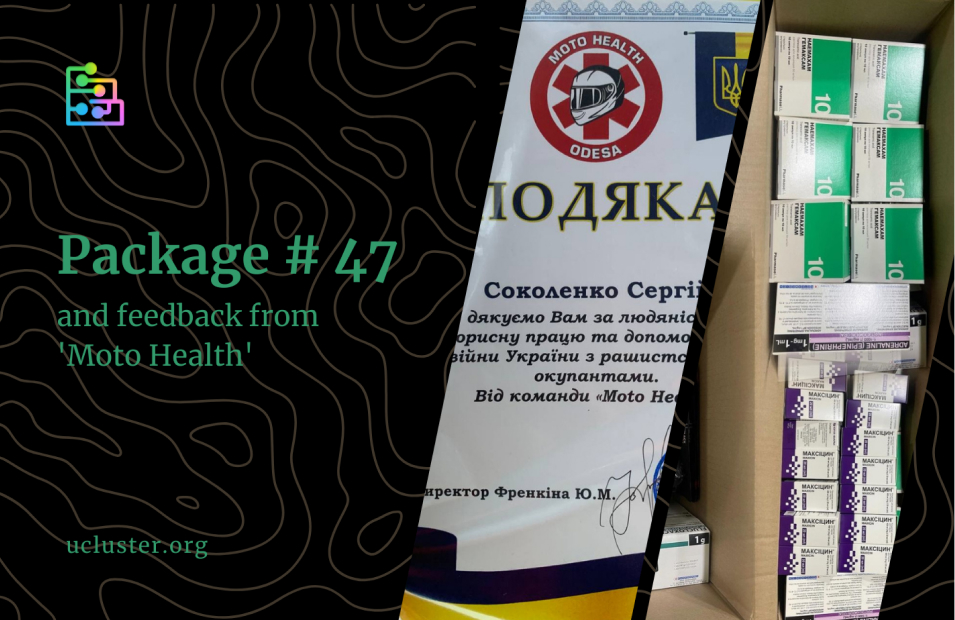The interview and article were written before the war in Ukraine and are published unchanged.
According to a study by Huawei, an average person takes more than 450 selfies per year. Men, interestingly, take selfies more often than women. All this photo action can quite possibly be an attempt by our contemporaries, at least those with smartphones, to achieve eternal youth or even immortality. A picture can preserve a moment or become a testament to a person’s existence, even when that person is no longer alive. But photographs, even digital ones, get lost or deleted over time, and people tend to lose access to their online accounts. Luckily for us, technology does not stand still. The Bank of Memories project from Ukraine aims to reliably preserve vital personal data and pass it on to future generations via blockchain.
Founders: Andriy Melanchyk, Iryna Savytska, Dmytro Kuznets
Location: Kyiv, Ukraine
Founded: 2021
Website / LinkedIn / Facebook / Instagram / TikTok / YouTube

Memories as a source of innovation
«Ask yourself three questions: how many recent photos of your mom do you have, how many phones and flash drives have you already broken, how much valuable information has been accidentally deleted?» Andriy Melanchyk, founder of Bank of Memories (interview) said.
Several years ago, Andriy’s mother became very ill. Doctors diagnosed her with Parkinson’s, which was a big shock to him. At that time, Andriy did not have children yet and worried that his future kids would not have anything to remember their grandmother by. To preserve her legacy, Andriy created an unusual digital project – Bank of Memories.
This platform is not intended for everyday information exchange, and only the most valuable digital assets are sent and saved here. Each user buys the digital equivalent of a storage box and pays by the volume of data stored. The service provides more than just instant file sharing. One can send a multimedia message or even money to the future by setting the date and contact details of the recipient. Imagine receiving a video clip congratulating you on an anniversary, or a gift of a whole bitcoin, sent by your family ten years ago?
How does Bank of Memories work?
Bank of Memories can be used in many ways. The service allows:
- Saving and sending videos and photos, as well as animated images
- Making notes
- Keeping a diary
- Creating time capsules
- Creating a genealogy tree of your family
- Creating digital wills and attaching tokens to them.
Bank of Memories is based on blockchain technology, making the platform secure and durable. The project has its own cryptocurrency – GBM coins. One does not have to be a registered user to receive files or money through the platform. The system sends an email to the recipient, providing access to a stored asset via a digital key.

While a similar project by the SberBank of Russia already exists, the Ukrainian startup has several unique advantages. For example, their platform is available to users around the world. Furthermore, one of the advantages of Bank of Memories is accessibility and usability for ordinary consumers. For example, a family member, who might not have been born yet, could receive messages in the future if you mention them in your family tree. The blockchain will do its job and deliver everything you ask it to deliver through a so-called smart contract.
Bank of Memories guarantees the reliability of its service. Startup co-founder Iryna Savytska points to strict requirements for “keepers” who provide data storage services. At least three keepers store copies of each data file. If a storage device is offline for more than 4 hours, the startup disconnects them from the system, and the files they store are transferred to another keeper. To motivate data keepers to provide a high level of reliability, Bank of Memories operates a stabilization fund. An unreliable data keeper will lose its deposit in the fund. The new data keeper gets it as a bonus.
Growing the startup
It took the startup several years to test the idea and pick a technology stack. To try out new approaches, Andriy communicated with potential customers through various channels, including test landing pages and in-person polls. The prototype was well received and installed by thousands of users. In 2021, the idea turned into a product and Andriy brought on board his friends, who became co-founders of the company. Iryna Savytska was first an investor and later became the CEO.
In the future, the startup plans to launch Bank of Memories Culture – a service for the preservation of world cultural heritage – and use augmented reality (AR) technology for this. About 30 artists and creators are already testing the beta version. This idea won 6 grants from USAID to digitize cultural and historical heritage and launch Ukraine’s first digital history lab.
Ukrainian Startups: how to get started?
Every startup makes mistakes. Iryna Savytska, co-founder of Bank of Memories, shares some lessons learned. «Our first mistake was that we expected to get external funding for just an idea.» Pivoting from this mistake took the startup almost six months. Funding in startups at the idea stage is possible in Silicon Valley, but Europe is different. «To raise investors’ interest here, you need to prove your courage, professionalism, and value of the project. It would be best to have a finished product and a community of users. Don’t be afraid to invest your own money initially if you want your startup to get off the ground.»
Another example mentioned by the startup CEO relates to personnel decisions. «Don’t give people too many chances; everyone should get one chance. If you notice any questionable behavior, say goodbye to that person. In a large corporation, you can reassign people and give them more time. A startup does not have this luxury; you can’t wait and hope,» Iryna explains. The CEO stresses that wasting time is too high of a price for a startup. «Startups are races that not everyone can participate in,» Savytska emphasizes.
You can’t be an expert in everything
Bank of Memories co-founder recommends that other Ukrainian founders not be too greedy with their equity demands. Savytska says that venture investors are not particularly interested in projects with just one founder and recommends finding co-founders. However, all partners should agree to vest their equity over several years. Many founders underestimate the demands of launching a business and can depart prematurely, taking with them their equity. At early stages, when one of the co-founders leaves with their full share of equity, it complicates matters significantly for all future fundraising. «Agree on everything before jumping,» insists Savytska. All partnership terms should be agreed to at the beginning.
Further, one shouldn’t be afraid to look for partners and employees abroad. In our times, this is the norm, and people from other cultures can bring a valuable vision to your project. Sometimes, well-qualified foreign professionals can offer more favorable terms than their Ukrainian counterparts.
«You have to be very sure of what you’re doing. Doubts can drown a startup. Even if people don’t believe in you initially, do not lose confidence,» says Iryna Savytska. «If your path is hard, you must be climbing,» adds Andriy Melanchik. Despite all challenges, Ukrainian startups are actively shaping the future. By offering consumers a service that everyone can relate to and understand, they create the conditions for widespread adoption of blockchain technology.






